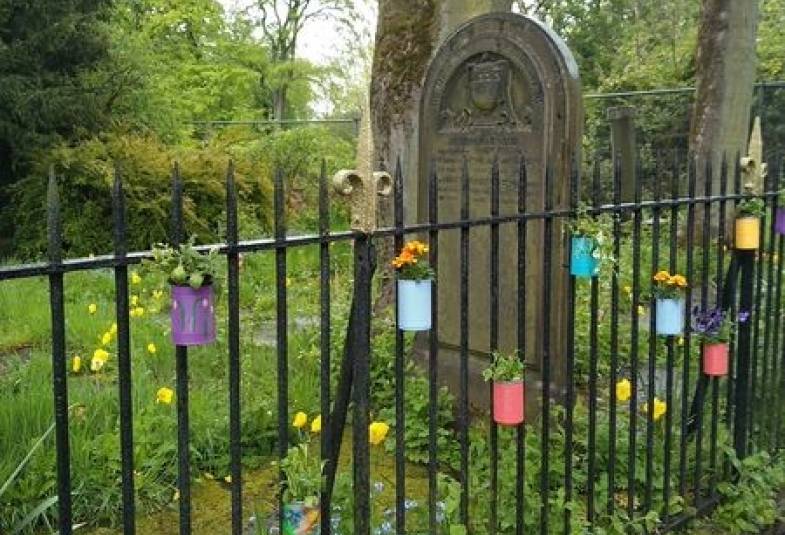The ability of the Church in Wales to bring people together in good conversation and partnership should never be underestimated, the Archbishop of Wales, the Most Revd Andrew John, told the Church’s Governing Body on Tuesday.
In a presidential address that drew parallels with the story of Nehemiah, and focused on challenge and opportunity, he announced the Church’s hosting of a two-day all-Wales climate summit in the second part of next year. It will draw together academics, activists, pressure groups, and stakeholders to discuss the health of the country’s waterways, and the impact of industry, agriculture, and residential domestic use on its landscape.
Wales had the opportunity to redesign its approach to energy, water, land use, and the sustainability of food supply at every level, Archbishop John said. “We are not the experts, save we know what good signposting looks like, and what human flourishing involves. We have a role as people of neutrality that invites confidence.
“Our capacity and commitment to show what human society could look like is well understood and appreciated. We have seen that church must mean much more than gathering and breaking bread on Sunday; that our commitment to justice, to the creation, to the poor might take us into uncomfortable places. That is what the Kingdom of God invites and involves.”
Read it all (registration or subscription).
The ability of the Church in Wales to bring people together in good conversation and partnership should never be underestimated, the Archbishop of Wales, the Most Revd Andrew John, told the Church’s Governing Body on Tuesday https://t.co/bJUxYcLzBw
— Church Times (@ChurchTimes) September 6, 2023

 There is no single U.S. electric grid.
There is no single U.S. electric grid.

